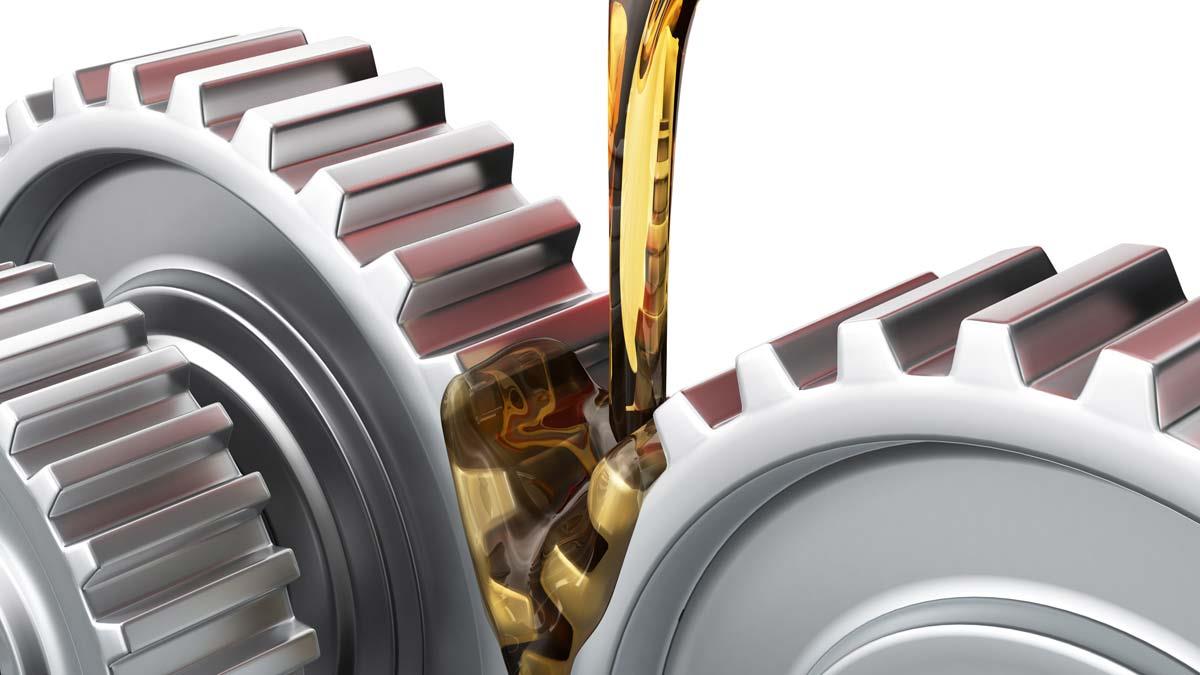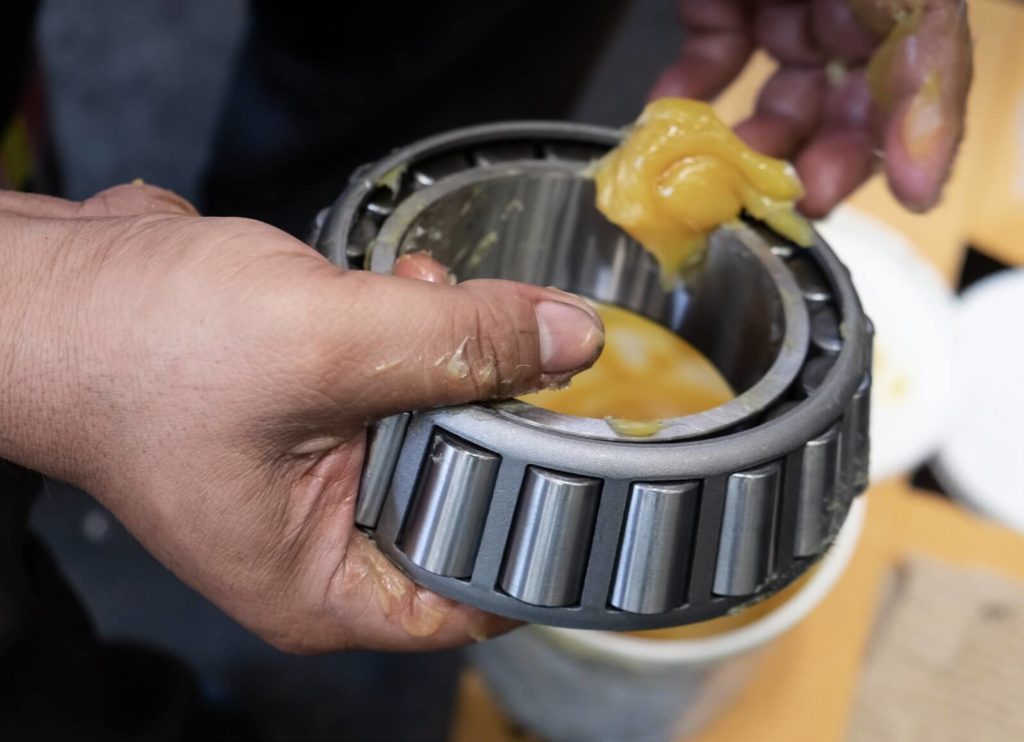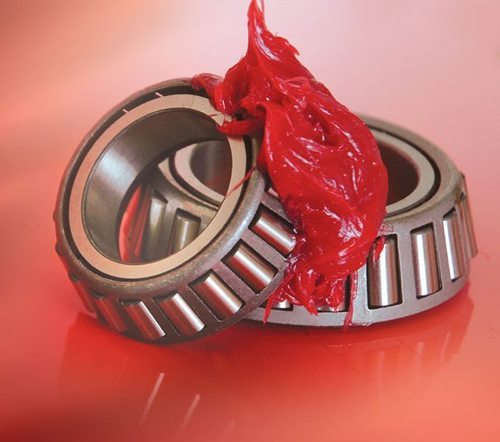How do lubricants reduce friction?

Material coating strategies to minimize friction have long been explored by design engineers. Could the reorganization of newly discovered materials minimize friction on macroscopic scales?
FEIKEN Bearing will explain how lubricants can reduce the friction of bearings.

Bearing lubricant is necessary for effective bearing operation because it minimizes friction; if there is insufficient lubricant, it may cause bearing damage or failure, which eventually shortens the lifespan of a bearing.
Lubrication also prevents bearings and other wheel-end components from corrosion and pollutants that might harm them. Lubricants enhance the usable life of bearings to their maximum range when used correctly.
Lubrication also prevents bearings and other wheel-end components from corrosion and pollutants that might harm them. Lubricants enhance the usable life of bearings to their maximum range when used correctly.
Wheel bearings can be damaged and fail over time due to contaminants such as water, salt, and organic waste.
Lubrication acts as a key barrier against these pollutants, ensuring that the bearing’s integrity is preserved. Leaking lubricant can let impurities into the bearing and cause failure if bearing seals become loose, pierced, or otherwise damaged by debris.
Lubrication acts as a key barrier against these pollutants, ensuring that the bearing’s integrity is preserved. Leaking lubricant can let impurities into the bearing and cause failure if bearing seals become loose, pierced, or otherwise damaged by debris.


Aug 28,2023
